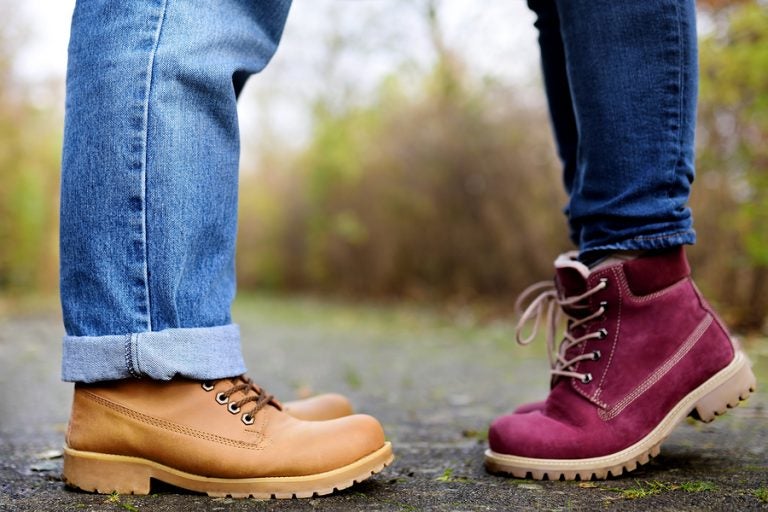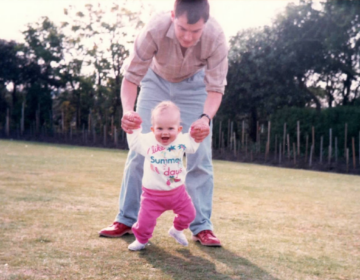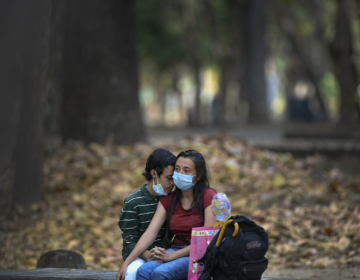The time is now to end dating violence
February is Teen Dating Violence Awareness Month. It's a perfect opportunity to talk to young people.

(Maria Sbytova/Big Stock Photo)
Let’s imagine for a moment that a student walks into their first day of physics and is immediately handed the final exam. It’s probably safe to assume that the student will fail. How can you expect someone to pass a test in a subject they have not been taught?
We sometimes expect the same thing when it comes to dating. Teenagers are expected to have all the answers figured out. We expect them to make smart, safe, and healthy decisions about dating and intimacy — but how can they if we don’t start talking to them about healthy relationships? If we want teenagers to make safe decisions in dating, we must give them the tools to do so. That starts with having in-depth conversations with our youth.
February is Teen Dating Violence Awareness Month. It is the perfect time to talk to young people about dating. Unfortunately, we know that approximately 1 in 3 teens will experience some form of physical, emotional, verbal, or sexual abuse while in a relationship. Sadly, many teens who experience dating abuse suffer in silence. Only about 1/3 of teens who experience dating abuse will tell someone.
We also know that approximately 89 percent of college students report that they are not confident in their ability to recognize the warning signs of dating abuse. Our teens deserve more. They deserve to be happy and fulfilled in their dating relationships. They deserve to know what healthy relationships look like. They do not deserve abuse. They do not deserve pain. They do not deserve to be hurt.
Relationships and dating are complex and often challenging, and young people are at a greater risk than adults to experience abuse within a dating relationship — even more so when they are not provided with the proper tools to date safely.
We need to start talking with our children, our teens, our athletes, our students, our neighbors about dating. We need to encourage ways to have successful, healthy relationships. We need to talk to them about how to identify an abusive relationship and how to leave one safely. Even though these conversations may be difficult and uncomfortable, we need to have them. Our teens deserve it.
We can no longer afford to sit back and wait for teens to come to us to have the conversation. Having these conversations doesn’t have to be difficult. Trained counselors and advocates can provide you with tips and training on how to start conversations with teens. They can also talk with teens directly in schools about how to develop healthy relationships.
—
Lydia Lynes is a community education coordinator at Laurel House of Montgomery County, which offers services to those affected by domestic and dating abuse — including 24/7 confidential hotline services, emergency shelter, individual counseling, support groups, crisis counseling, legal and medical advocacy, and other programs for children. If you or a friend needs help, contact Laurel House at 1-800-642-3150.
WHYY is your source for fact-based, in-depth journalism and information. As a nonprofit organization, we rely on financial support from readers like you. Please give today.




